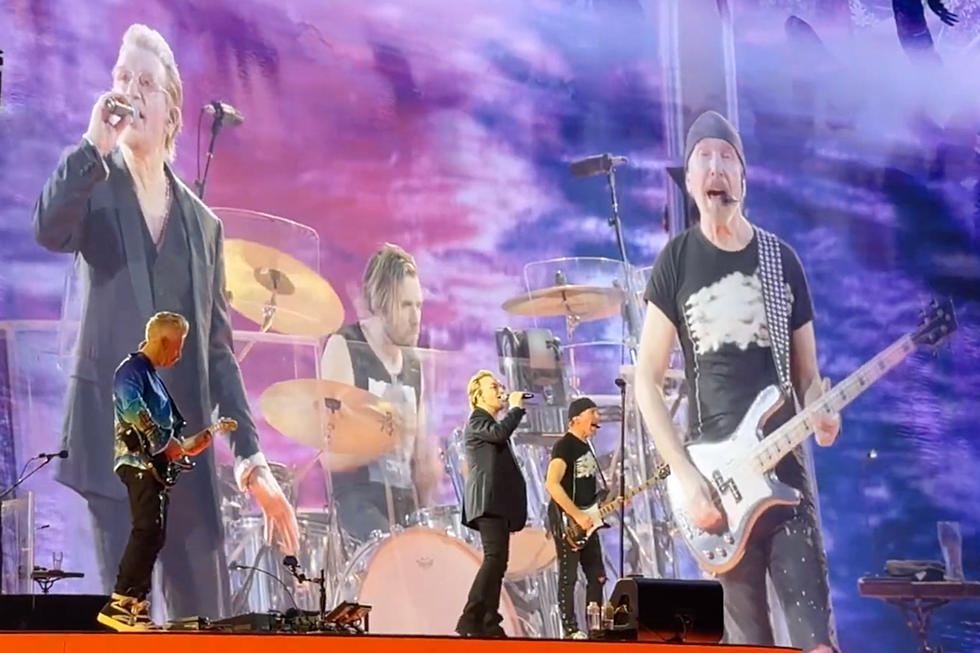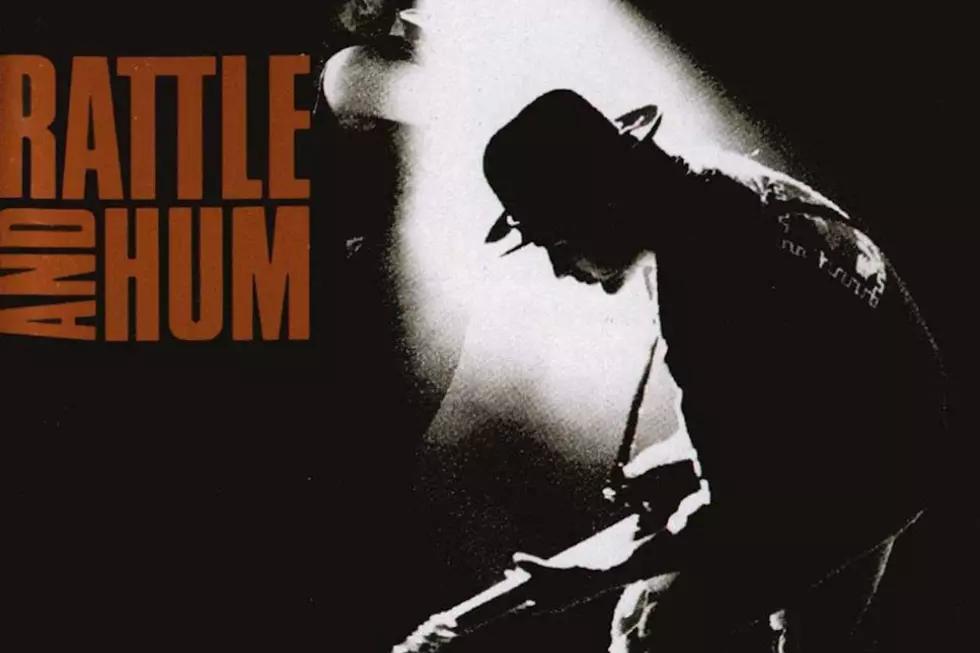
How U2 Introduced Themselves With the Punky and Thoughtful ‘Boy’
It's hard to think now of U2 ever being anything but stadium-filling rock 'n' roll monsters. They almost seemed destined for it from the start, and they've played the role for so long, that settling for anything but global domination was out of the question.
But when they released their debut album Boy on Oct. 20, 1980, U2 were just another group of four working-class kids hoping for a break. They came from Dublin, but it might as well have been London, Detroit or any place else in the world where punk rock was laying down roots. In those early days, U2 were a punk band, actually more of a post-punk band, with something bigger in mind. It took a few years to get there, but on their resounding first album, they sounded like a group with a purpose.
Leading up to Boy was a pair of singles, "Another Day" and "11 O'Clock Tick Tock," neither of which did much. Martin Hannett, who produced those songs, was tapped to work on the LP, but after his pet band Joy Division skidded to a halt following its singer's suicide, he pulled out. Steve Lillywhite, who was making a name for himself on records by Peter Gabriel, Siouxsie and the Banshees, and the Psychedelic Furs, was brought in. It was the beginning of a fruitful partnership that lasts to this day.
Over the years, as U2 counted on their ambition to take them to bigger places, their music reflected this evolution, growing huger with each album. But on Boy, they were a scrappy punk band with a more thoughtful approach to their songs. And these grand plans were reflected in the LP's 11 tracks, which were thematically tied to one another by a common dissection of the perils and occasional joy of childhood.
From the opening "I Will Follow" (which Bono wrote about his mother, who died when he was 14) to the closing "Shadows and Tall Trees" (which referenced the harrowing coming-of-age novel Lord of the Flies), Boy packs an emotional wallop as it charts the clumsy, and sometimes triumphant, maturing of its various narrators. There's rage, religion, sex and uncertainty; in short, it documents the messy years of teenage adolescence, something the members of U2 weren't too far removed from at the time they made the record.
Watch U2's 'I Will Follow' Video
(U2 would continue to make these sort of semi-concept albums throughout their career, from Boy's follow-up, October, a spirituality-based record, and the self-explanatory War to 2014's Songs of Innocence, which at times plays out like a sequel to Boy, but seen through more adult eyes.)
Producer Lillywhite pushed the Edge's guitars out front and center, giving both the album and the band a sonic boom that was missing from most of their peers' work. The deliberate, jagged playing had little in common with the styles practiced by the usual guitar heroes of the era, slipping instead into a kind of art-rock abstraction influenced by David Bowie's recently completed Berlin Trilogy.
And Boy itself, more than any other U2 album, wears these influences on its sleeve. Conquering the world was still a few albums away in its master plan, so here the group slips into more post-modern sounds, a looking-glass existentialism that was half a world away from The Joshua Tree's sepia-toned coziness.
It all helped make Boy a critical hit. It sold well enough too, reaching No. 63 in the U.S. and No. 52 in the U.K. -- not stellar showings, but impressive enough given the young band's relative unknown status at the time. The buzz on the group slowly built over the next half decade, until they reached their masterpiece, The Joshua Tree. That 1987 release topped charts across the planet, finally securing their spot as one of rock's best bands.
U2 Albums Ranked
More From Ultimate Classic Rock









